 |
 |
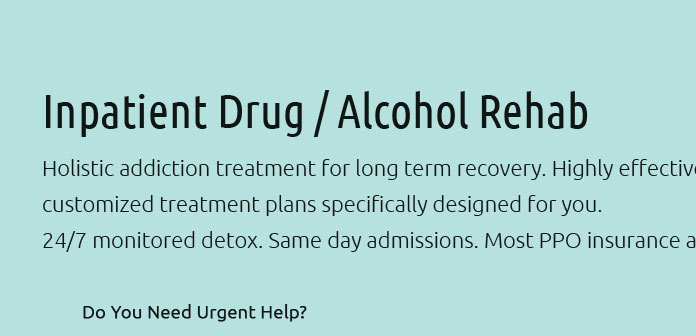 |
 |
 |
 |
||
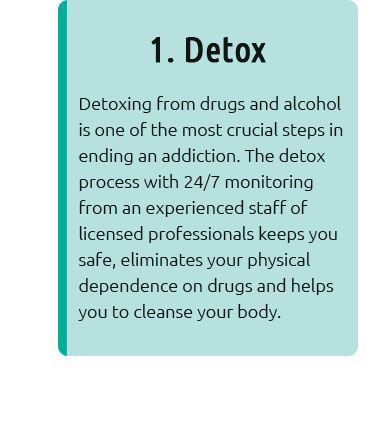 |
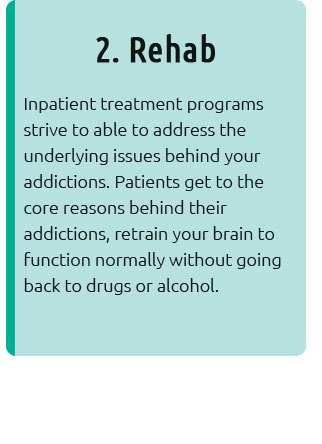 |
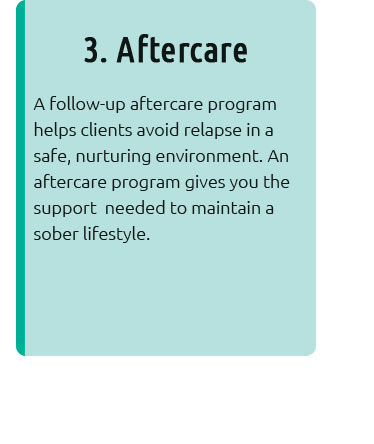 |
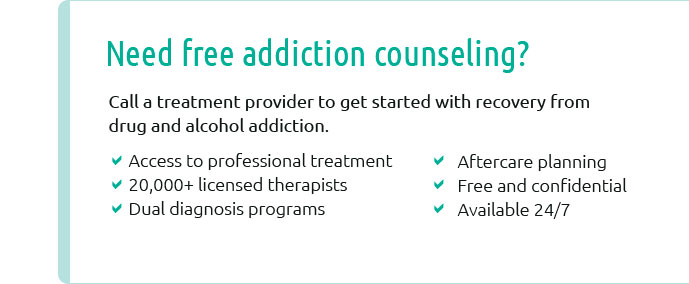 |
 |
 |
 |
||
 |
||
 |
||
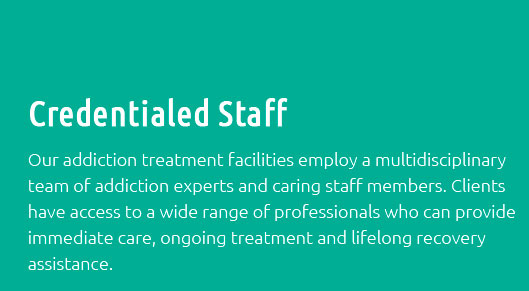 |
 |
 |
|
 |
|
DUI Rehab: Understanding the Process and Its ImpactIn today's society, the issue of driving under the influence (DUI) is a significant concern, leading to numerous accidents and fatalities each year. The legal repercussions are severe, but for many, the journey doesn't end with a court ruling. Enter DUI rehab-a crucial step for individuals seeking to address the underlying issues that led to their impaired driving. While the legal system mandates certain penalties, the rehabilitation process offers a path to recovery and personal growth. But what does DUI rehab entail, and why is it important? At its core, DUI rehab focuses on education, therapy, and support, aiming to change behaviors and prevent future offenses. The process often begins with a comprehensive assessment, where professionals evaluate the individual's substance use, mental health, and personal circumstances. This assessment is crucial in developing a tailored treatment plan that meets the specific needs of the participant. Understanding these needs is key to successful rehabilitation. The rehabilitation program typically comprises several components, each designed to address different aspects of addiction and behavioral change.
While DUI rehab offers numerous benefits, its success largely depends on the participant's willingness to engage and commit to the process. The journey is not easy, and relapse can be a part of recovery; however, with persistent effort and support, many individuals find a renewed sense of purpose and improved quality of life. It's also worth noting that DUI rehab has broader societal benefits. By addressing the root causes of impaired driving, these programs contribute to safer roads and communities. In conclusion, DUI rehab is a multifaceted approach that not only helps individuals overcome their challenges but also fosters a safer environment for everyone. By focusing on education, therapy, and support, these programs aim to transform lives and prevent future DUI incidents. Ultimately, the success of DUI rehab hinges on the collective efforts of participants, healthcare professionals, and the community at large. As society continues to grapple with the consequences of impaired driving, the importance of rehabilitation programs cannot be overstated. https://www.newdirectionsforwomen.org/can-i-substitute-jail-for-rehab/
Can I go to rehab instead of completing my jail time? If you have recently received a DUI, you may be wondering if you have other options besides jail. https://www.losangelesduiattorney.com/dui-faq/if-i-get-a-dui-in-los-angeles-will-i-need-to-go-to-rehab/
Most California DUI sentences do not result in rehab or drug/alcohol treatmentbut some do. Judges have a wide discretion in choosing a DUI sentence ... https://americanaddictioncenters.org/alcohol/rehab-treatment/dui
Court-mandated DUI treatment may include formal substance abuse treatment and other therapeutic interventions that target substance abuse and its consequences.
|